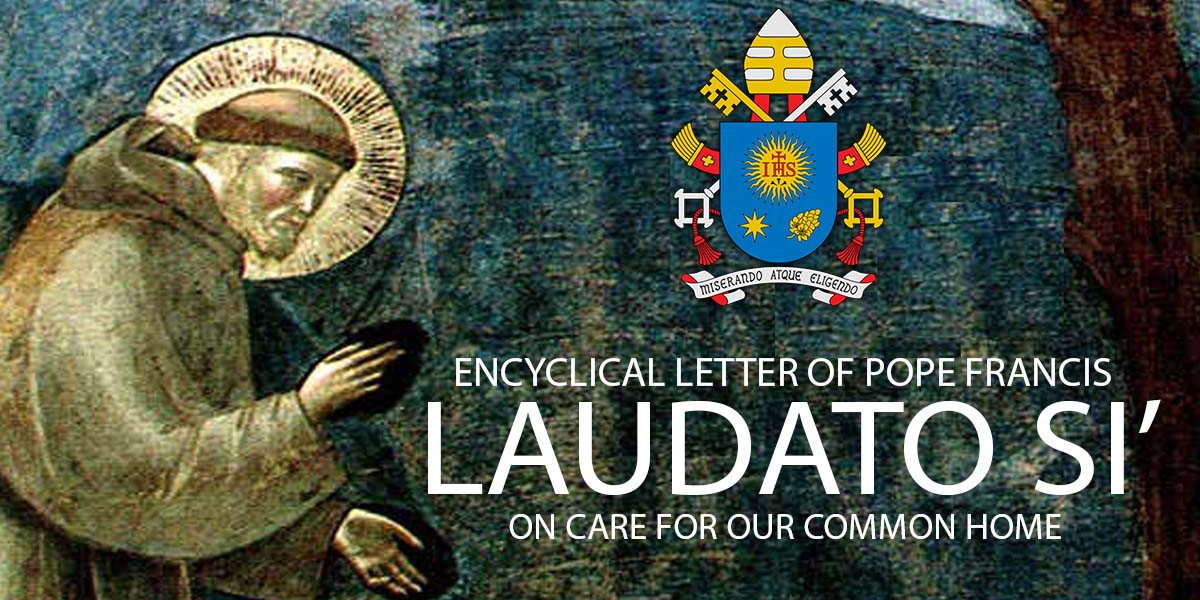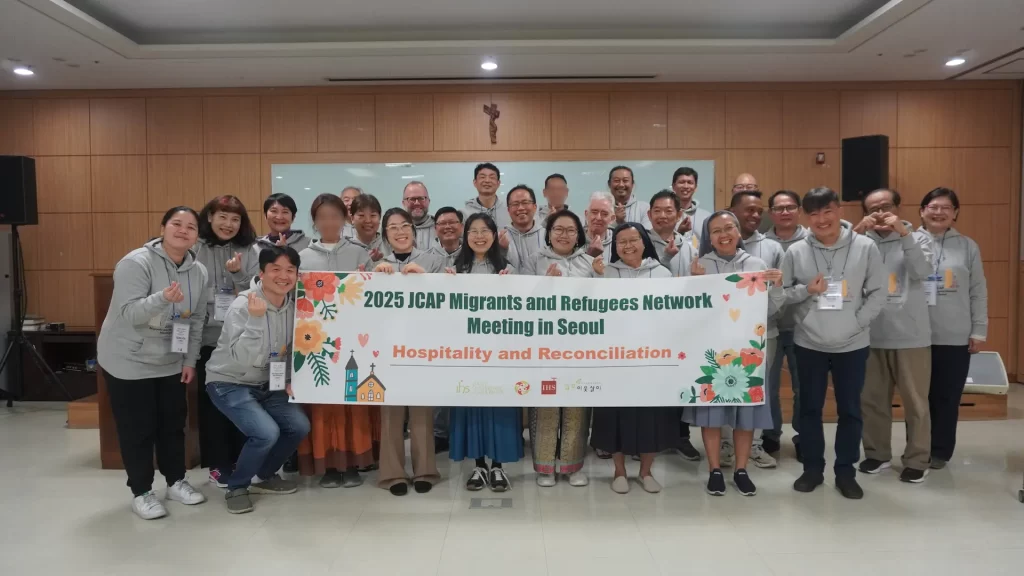
In the encyclical he argues that social injustice and the trashing of the environment have the same cause. This is an attitude that looks to short term gain at whatever cost. It ignores both the bonds that connect us to the most vulnerable people in our society and our relationships to the world around us. It trusts that unregulated markets, always driven in part by greed, will benefit the poor as well as the wealthy. It is also confident we can make use of technology as we wish both to exploit the world and to mend any harmful consequences. The Pope claims that this attitude has a bad track record.
The Pope offers another vision of a world in which all beings are interdependent, so that when we pursue our personal and our national interests we must take into account the impact on other people and on the world of which we are part. The test of our faithfulness in doing this is the extent to which we attend to the flourishing of poor and to the flourishing of our environment.
For Pope Francis this is not simply a matter of making vision statements, establishing processes and adopting practices. It involves something more difficult: the changing of hearts and minds so that we see our world and other people as a gift and live with gratitude and respect.
For us at Jesuit Social Services the encyclical reminds us that the vulnerable people whom we serve are not our clients but our brothers and sisters. It also reminds us that our own growth and that of the vulnerable young people who we accompany comes through using the good things of our world attentively, whether they be food and drink, technology, exercise and the beauty of nature. We do not have an environment, we are the environment.
Pope Francis reminds us of the constant danger of looking at our lives from the inside without relating them to the world outside us. When we look out we are naturally drawn in compassion to the people who are vulnerable to exploitation by other human beings, and to our natural environment, frail and vulnerable to exploitation.
Fr Andy Hamilton SJ
This article was first published by Jesuit Social Services.
Read Laudato si’ in full here.
Read an overview of Laudato si’ provided by Vatican News here.
Read a detailed analysis of the encyclical in Thinking Faith. In “Laudato si’: a Seismic Event in Dialogue between the Catholic Church and Ecology”, Fr Damian Howard SJ sets the text in its cultural and political context, and asks how it fits into the tradition of Catholic Social Teaching. How does this ‘exciting new synthesis’ of Catholic theology and the ecological movement have the potential to change our civilisation?
For articles on Laudato si’, visit the Laudato si’ Special Edition in Ecojesuit.






